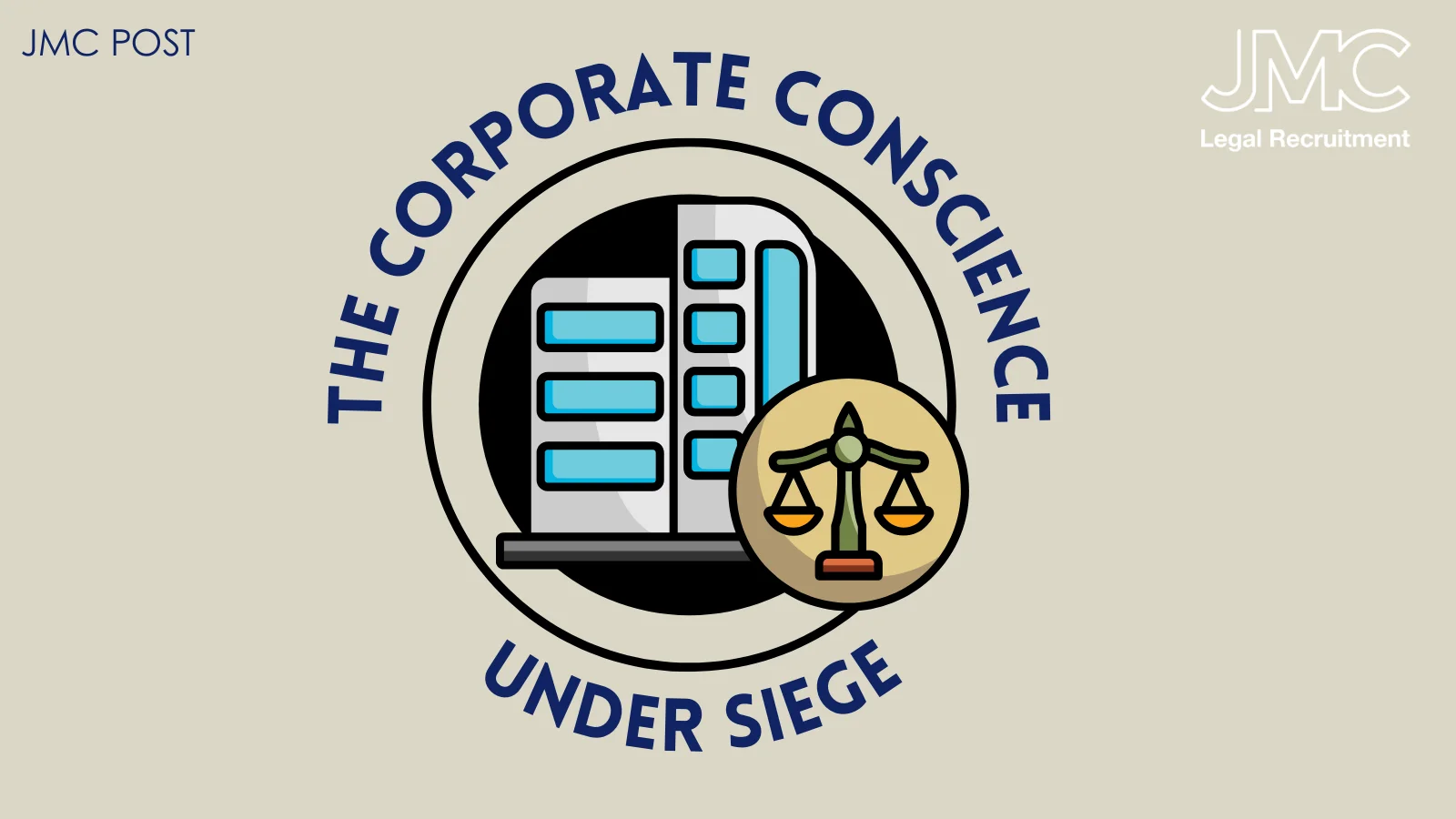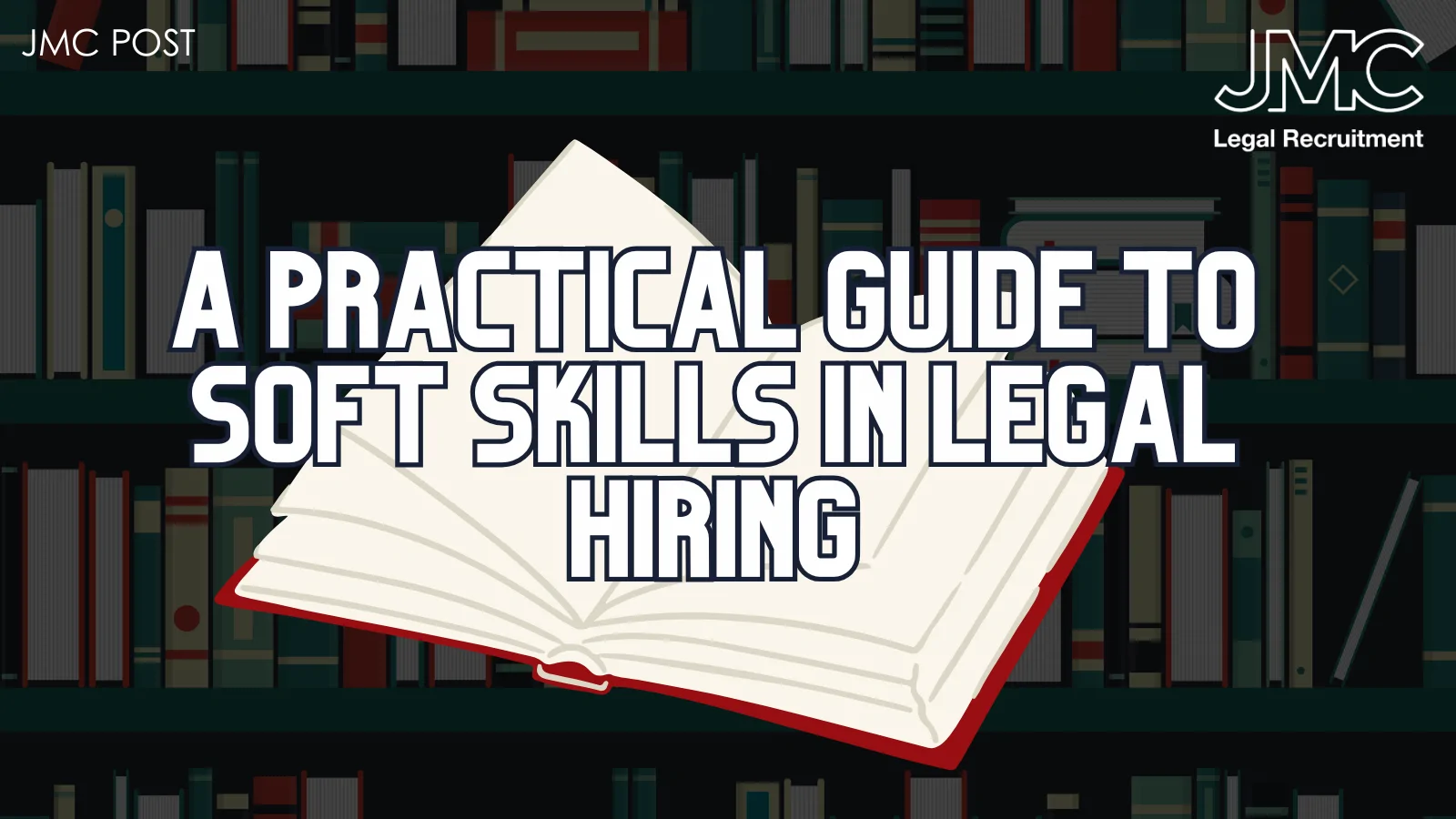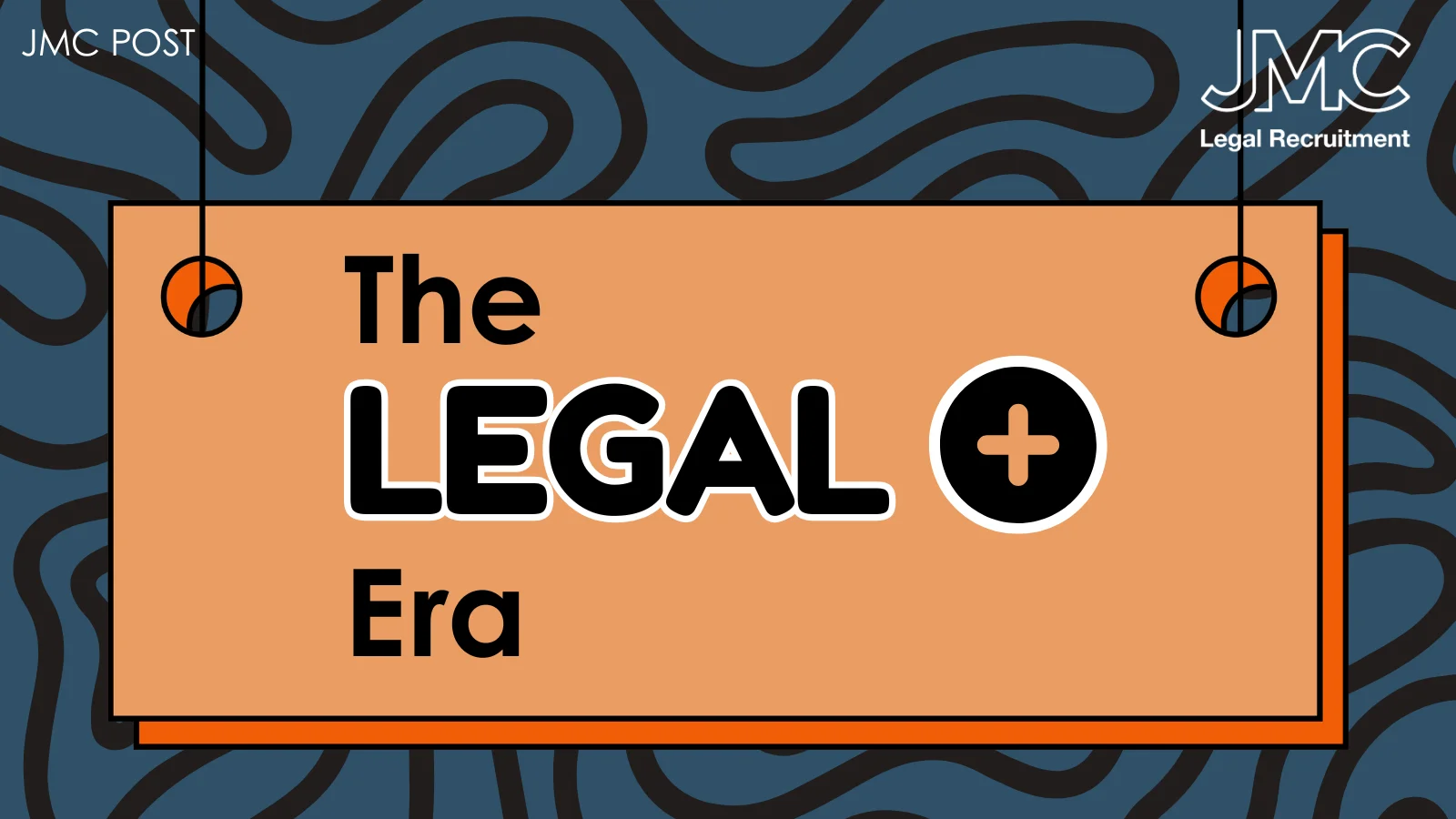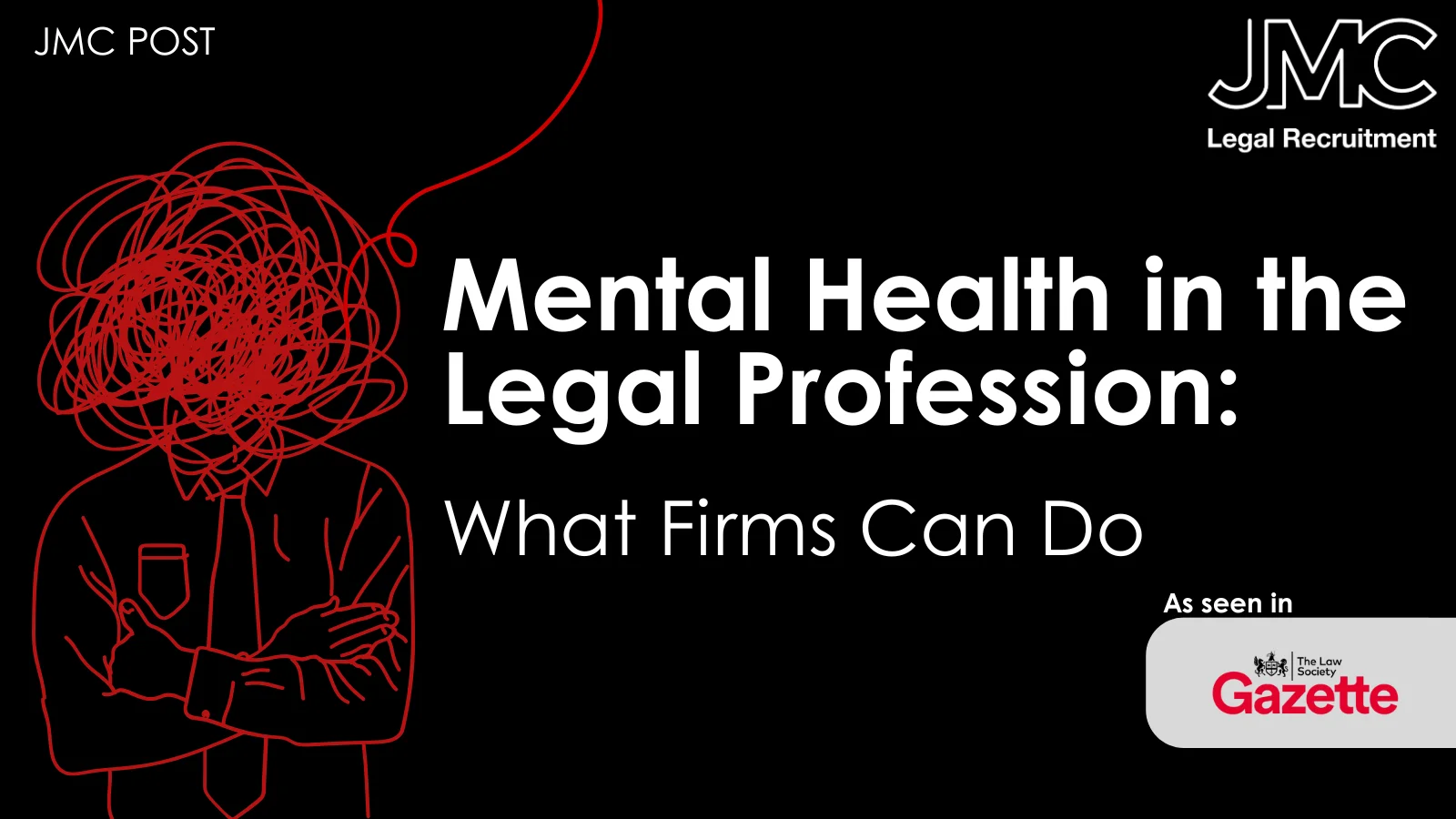
A Practical Guide to Soft Skills in Legal Hiring
02 Jul, 20256 minutes
We've lost count of how many times a hiring conversation starts the same way.
“We're looking for a 6–8 year PQE solicitor, ideally from a top-tier firm, strong on commercial contracts. Must have led on X, Y, and Z.”
It’s all very familiar. All very logical. All very… clinical.
But here’s the twist: fast-forward a few weeks, and more often than not, that same client is sat across the table explaining, “We met someone great. Bit lighter on experience than we wanted, but we just clicked, they’ve got something about them.”
That something is soft skills.
Empathy. Resilience. Adaptability. Gravitas. A sense of humour. That rare ability to speak legal and human in the same sentence.
These are the things that don't fit neatly on a CV, aren’t quantifiable in PQE, and don’t come with a Chambers ranking, yet they’re often the difference between a good hire and a great one.
So why are we still interviewing lawyers like it’s 1997?
The Interview Trap
Legal interviews are, by tradition, built for technical competence. Candidates are quizzed on contractual clauses, grilled on litigation strategy, or asked to dissect the GDPR for the 87th time.
And while that has its place, the format often leaves no room for what actually makes someone tick.
How do they handle pressure?
Can they bring people together?
What’s their instinct when the wheels come off a deal?
You won’t find the answers to those questions in a 45-minute Teams call focused on indemnity clauses.
Experience Is Only Half of the Picture
Let us give you a real-life example.
A private equity house came to us recently with a very fixed brief: 7-year PQE lawyer, M&A-heavy, “must have done at least one bolt-on deal solo.” (Their words.)
But after unpicking the brief (and several honest conversations later), what emerged was a deeper need: someone who could handle ambiguity, partner with difficult stakeholders, and grow with the business long term.
They hired a 2-year PQE solicitor.
Not what they thought they needed (but exactly what they actually needed.)
So, How Do You Actually Assess Soft Skills?
Here’s the million-pound question. And no, the answer is not a gut feeling dressed up in a suit.
It’s about creating a hiring process that goes beyond the technical. A process that gives you the chance to spot those moments of human insight.
Here’s how:
1. Stop Asking About Deals, Try Instead to Ask About People
Try questions like:
- “Tell me about a time you worked with a nightmare stakeholder, how did you win them over?”
- “What’s the biggest bit of feedback you’ve ever received and how did you take it?”
If you want someone who can lead, collaborate, or bring calm to chaos, you have to ask questions that invite vulnerability, not just competence.
2. Watch the Micro-Moments
The most telling parts of an interview are often in the bits between the questions.
- How do they listen?
- Do they take a beat before answering?
- Do they show humility?
- Can they hold a conversation that feels like… a conversation?
These things can’t be faked, or at least not for long!
3. Create a Bit of Productive Discomfort
No, I’m not talking about some Silicon Valley brain teaser nonsense, but real-world scenarios.
Present a dilemma. Something messy, political, unstructured.
“The CEO wants a contract turned around in 12 hours. Legal risk is high. What do you do?”
It’s not about testing their legal knowledge. It’s about seeing how they weigh risk, communicate upwards, and show backbone under pressure.
4. Informal = Informative
I’ve always trusted the informal coffee chat.
There’s something about being off script, outside of the boardroom, away from the polished CV answers, that gives you a far better sense of who someone really is. The stakes feel lower, which ironically means the insight is often higher.
Take them somewhere neutral. Not the intimidating glass-walled office or a formal meeting room, but a local café or hotel lounge. Somewhere they can breathe a little. Notice how they interact in that space:
- Do they ask questions, or just wait to be asked?
- Are they courteous to the waiting staff?
- Do they seem open, curious, or transactional?
- Can they hold a natural conversation, or do they keep lapsing into “interview mode”?
You’d be amazed what a flat white can reveal that an hour-long interview never will.
Better still, involve someone else from your team, ideally someone junior. Watch how your candidate engages with them. Are they warm? Dismissive? Respectful? Patronising?
This is often where the mask slips.
Because here’s the thing: how someone treats people when there’s no obvious benefit in doing so tells you everything you need to know about whether they’ll build your culture or break it.
So next time you’re about to hire, consider this: skip the second interview, and take them for coffee instead.
5. Bring in Multiple Viewpoints
Let’s be honest: most lawyers weren’t trained to interview. And those who were trained probably did it once, 11 years ago, before someone hit “skip” on the L&D video.
So get multiple people involved. The more varied the lens, the better the read.
6. Psychometric Testing, Outdated or Underused?
Psychometric testing had its heyday a few years ago, then quietly disappeared from most hiring processes. But in truth, when used properly, it still has a lot to offer, especially in legal hiring, where personality fit can be the difference between someone thriving or quietly checking out after six months.
I’m not suggesting we revive the entire toolkit of colour wheels and archetypes. But a well-chosen personality or behavioural assessment can help you understand:
- How someone makes decisions under pressure
- What drives them
- How they prefer to communicate
- Where they’re likely to clash or thrive in a team
It’s not the answer to everything (and it shouldn’t be a dealbreaker) but it’s a helpful piece of the jigsaw when you’re hiring someone who’ll be representing your business internally and externally.
If you use it, use it lightly, explain why, and never make it feel like an exam. You’re trying to uncover insights, not box someone in.
7. Smarter References, Please!
Most reference checks are about as useful as a chocolate teapot.
Try asking:
- “How did they handle setbacks?”
- “What would your team say about them?”
- “What kind of environment do they thrive in?”
If you ask better questions, you’ll get better answers.
Hire for Mindset, Train for Everything Else
Experience gets people in the door, but soft skills are what keep them there, and what allow them to rise.
You can train someone to navigate a clause.
You can’t train someone to be self-aware, curious, decent under pressure, and able to bring others along for the ride.
So, the next time you're about to make a hire, ask yourself: are you choosing based on what's easy to measure, or what really matters?
Because when the storm hits, and it will, you’ll be glad you hired the person, not just the lawyer.
Want help designing a recruitment process that actually gets this right? That’s what we do.
Related Articles:
[The Real Reasons Lateral Partner Moves Succeed or Fail]
[The Top Law Firms to Work For 2025]
[Challenges When Hiring In-House Legal Counsel]



